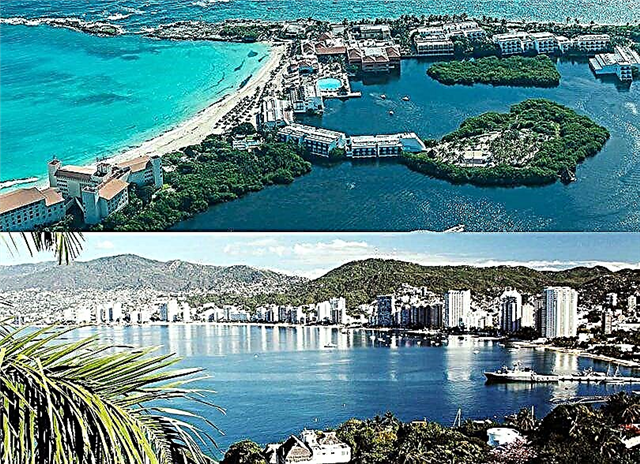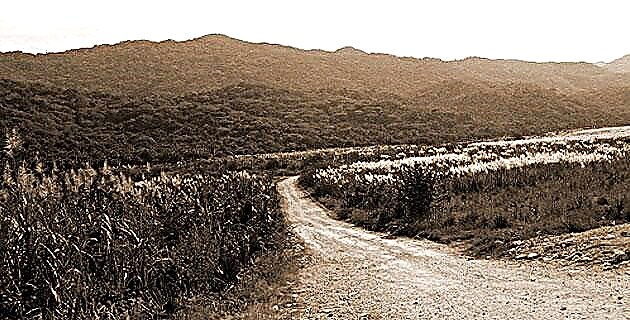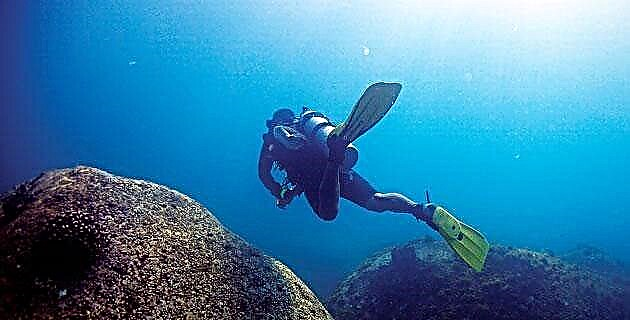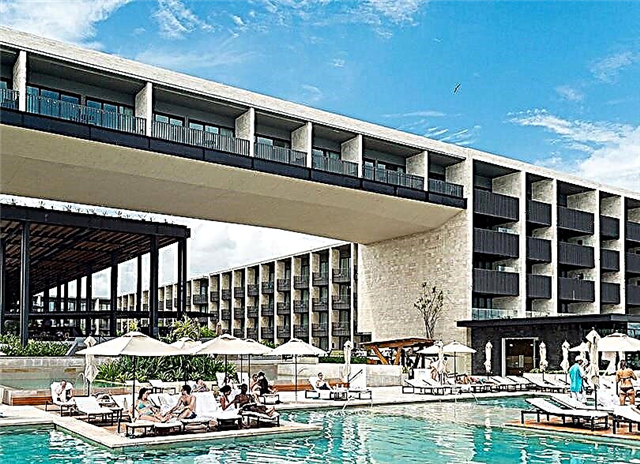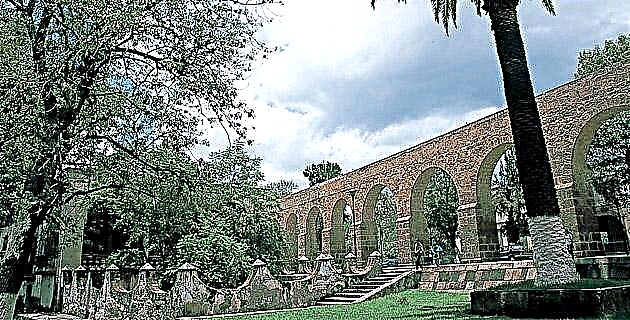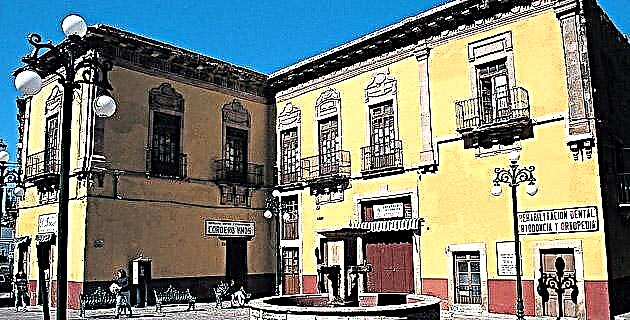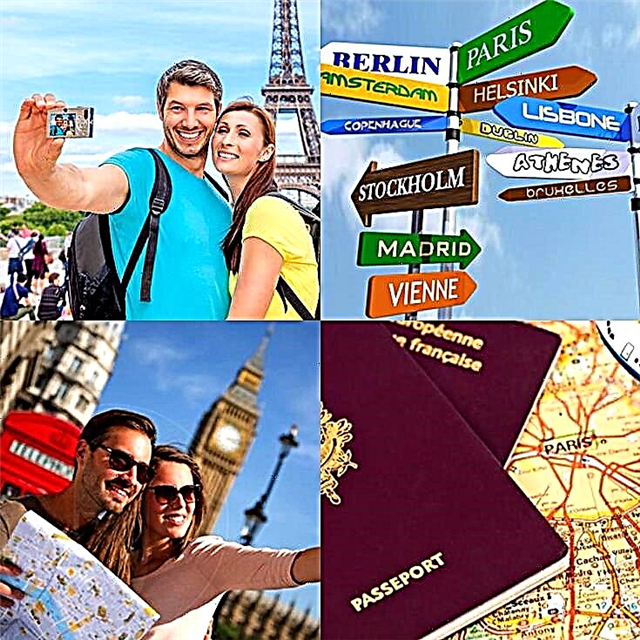Ready to hang your backpack on your back and go live your first experience as backpacker in Europe? Let us tell you what are the main expenses that you will face, so that you do not run out of money in the middle of the trip and your trip is at full speed.
Expenses Before Trip
Passport
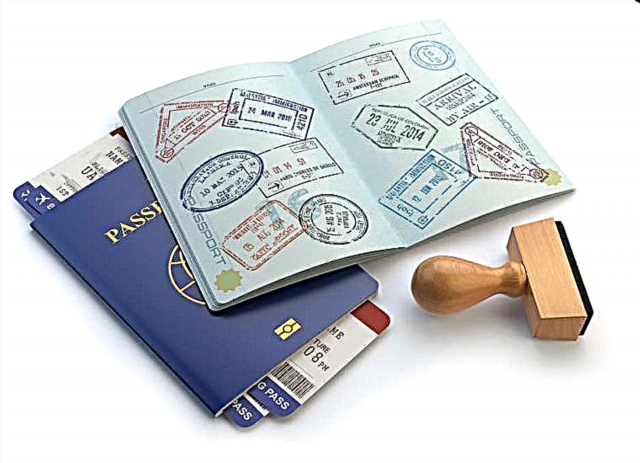
If you don't have a passport, you'll have to start by getting one. In Mexico, Passport issuance costs are periodically updated and depend on the duration of the document.
The country issues passports of 3, 6 and 10 years of validity, which as of 2017 cost 1,130, 1,505 and 2,315 pesos respectively.
The document must be managed, after prior appointment, at the offices of the Ministry of Foreign Relations in the Delegations of Mexico City and in the states and municipalities. Payment can be made via the web or through bank windows.
Backpack

Backpackers are usually not very budget-friendly, so before purchasing one backpack new, you might consider borrowing a friend's or buying a used one.
If you choose to buy a new piece, on Amazon you will find different options whose prices vary depending on the size and quality of the manufacturing material.
Considering the larger backpack range, for example, the 44-liter Cabin Max Metz costs $ 49 and the 45-liter eBags Mother Lode is priced at $ 130. The second is a longer term investment, while the first is less durable.
Travel accessories
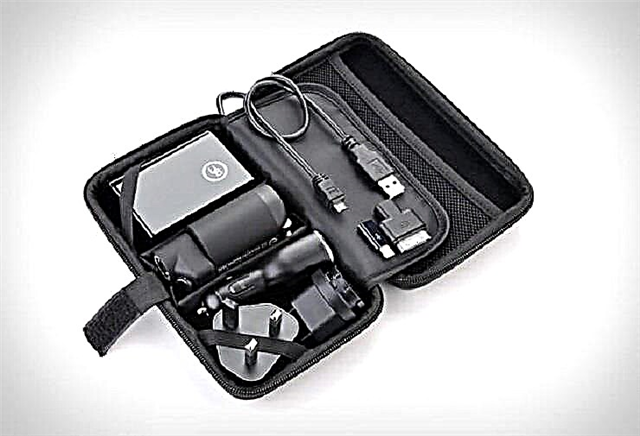
The life of a backpacker can be tough without carrying a minimal accessory kit. It includes a plug adapter, universal sink adapter to wash clothes, bungee cords to use as a clothesline and a small spotlight, to name just a few items.
The cost of accessories will depend on the kit you think you need. Presumably you already have a mobile phone or tablet, because if not, the budget will have to be higher.
Airfare
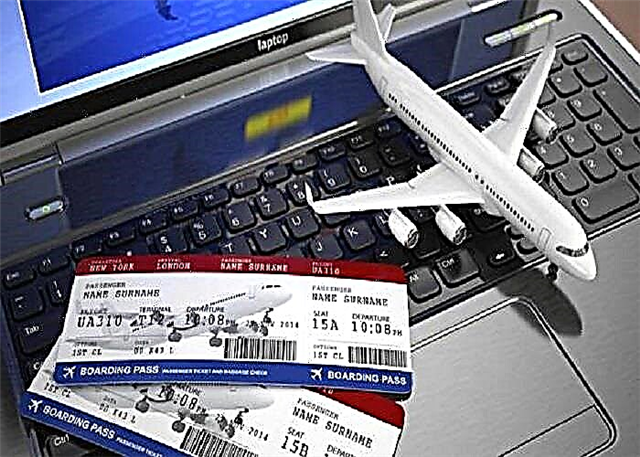
Sadly, the days to fly to Europe from America for $ 400 or $ 500 seem to be long gone.
Currently, a round trip ticket to the old continent can be between 700 and 1500 dollars, depending on the season, the airline and other variables.
The best thing for a backpacker is to consult the cheap flight guides on the portals of companies in the travel sector.
Travel insurance
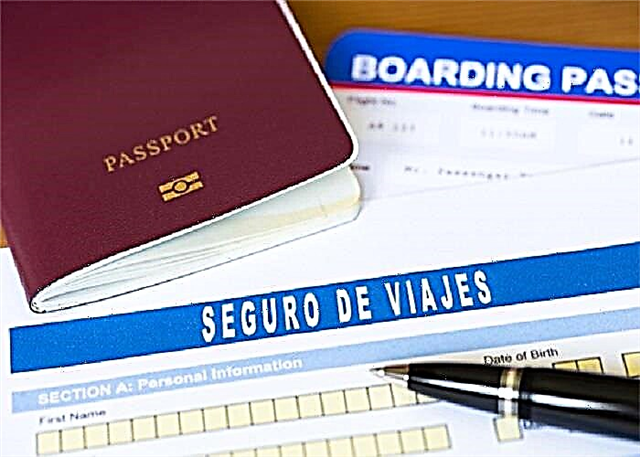
Travel insurance to go to a foreign country can cover eventualities such as health problems, travel disputes / cancellations, coverage of a collision with a rental car, and even the loss and theft of personal items.
An average travel insurance can be in the order of $ 30 per week, but ultimately, the budget will depend on the eventualities you want to cover.
Daily expenses
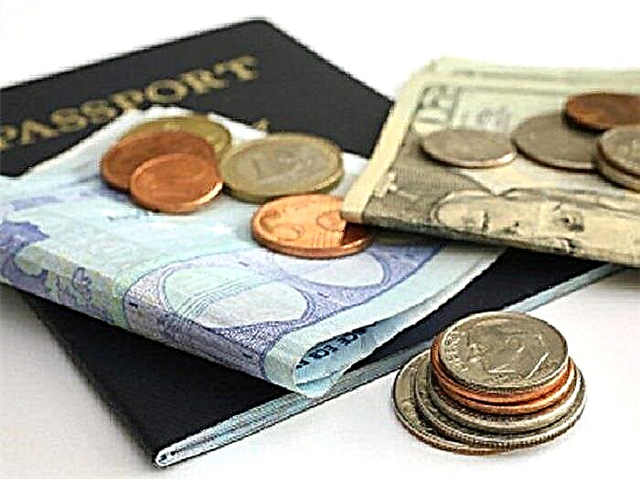
The main day-to-day costs associated with travel include accommodation, food, tourism, public transportation, and some unforeseen expenses.
Most frugal-minded backpackers can hold their own with around $ 70-100 / day in Western Europe and $ 40-70 / day in Eastern Europe. With this budget you can travel modestly and comfortably without making too many sacrifices.
If you also make an effort to keep your costs low, it is possible to eliminate between 25 and 30% of expenses. From this point on, cost reduction starts to get very difficult, unless you are enormously creative.
It is important to note that these daily figures refer to spending while already on site and do not include transportation between destinations.
Now we are going to consider each component of daily expenses separately.
Accommodation
There is a wide range of accommodation options in Europe, from the super cheap to the very expensive. Backpackers are obviously looking for the cheapest options.
Hostels
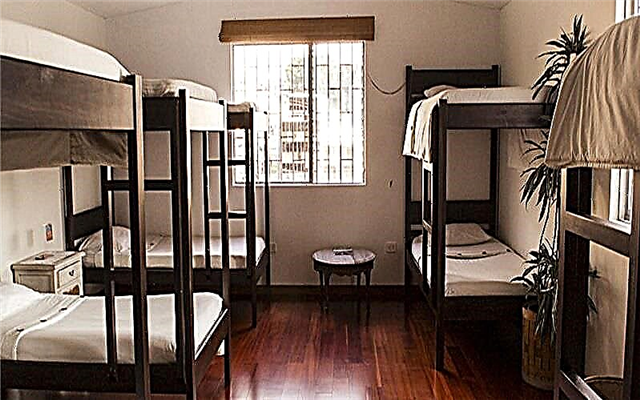
Guest houses are traditionally the cheapest option when it comes to accommodation. Below are typical prices per night in a shared room offered by these lodgings in some popular destinations.
These prices are generally the cheapest option in hostels that have been decently rated in each included city. You can find slightly cheaper places, generally of lower quality, and more expensive, if for example you want a private room.
London: $ 20 to $ 45
Paris: 30 - 50
Dublin: 15 - 25
Amsterdam: 20 - 50
Munich: 20 - 40
Berlin: 13 - 30
Barcelona: 15 - 25
Krakow: 7 - 18
Budapest: 8 - 20
Apartments for rent
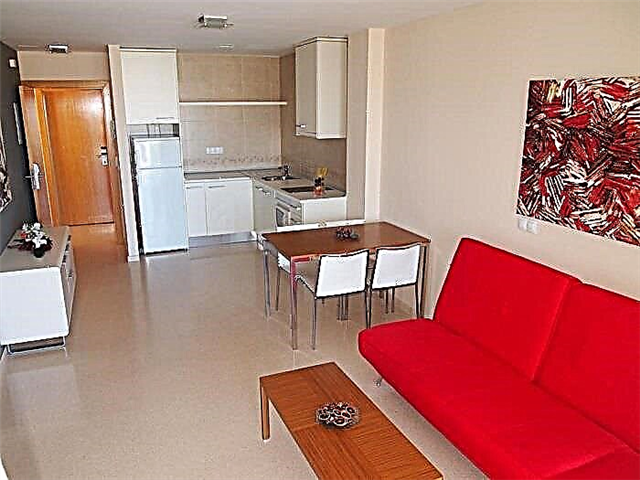
Apartments for rent can be considerably affordable in many European cities. Their price is often similar to that of cheap hotels and they can accommodate several backpackers traveling together.
They generally have an equipped kitchen, so the group's food is cheaper. Likewise, clothes can be washed more comfortably.
Cheap hotels
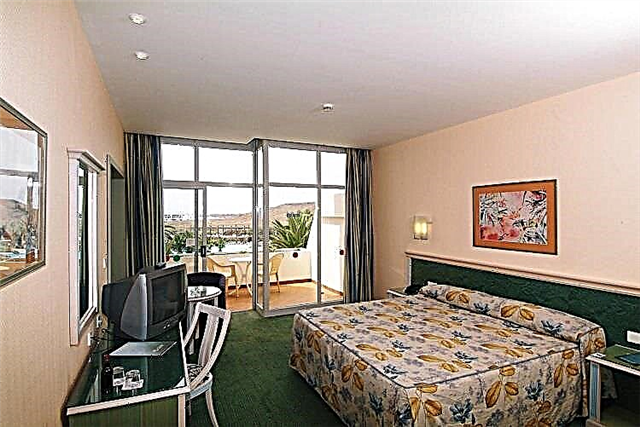
A double room in a cheap hotel can represent a lower cost per person than a hostel and in Europe there are thousands of them.
The problem with establishments in the lower price range is that independent information on their cost / quality tends to be lacking.
Of course, when you arrive at one of these hotels, you may find things very different from those shown on their portals and social media pages. But you can also find a particularly nice place at an incredible price.
If you do not go with the reference of a specific site that a previous user has given you, it will depend a lot on your good luck with the choice online.
Couchsurfing
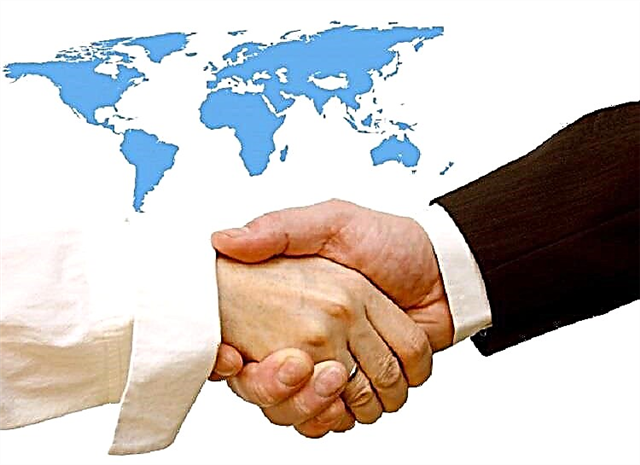
Couchsurfing or hospitality exchange is a popular form of travel. The modality has taken the name of Couchsurfing International Inc., which was the first company to offer the service, although there are already several pages dedicated to the activity.
Although it is obviously a cheaper way to stay, it is not free, since you must take into account the costs that you will incur when you have to host.
Nor is it a very safe method, so the previous references you have of the person who is going to host you are essential.
Food and drink

Expenses on food and beverages can kill any travel budget, so the somewhat tight-fisted backpackers have the upper hand.
A backpacker can eat in Europe on a budget of between $ 14 and $ 40. At the low end, you have to unceremoniously dispatch the lodging's free breakfast, assuming there is one, and make home-cooked meals and picnics by buying your groceries at the cheapest grocery stores.
On the high-end budget, you can sit down in modest restaurants for cheap meals ($ 15-20 per meal).
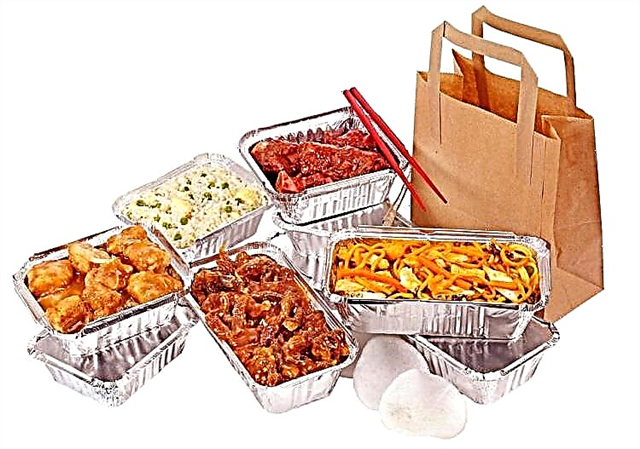
A middle ground would be to buy inexpensive takeout meals, priced per unit between $ 8 and $ 10.
In this area of food, expert backpackers recommend budgeting a little more, since if you are not familiar with the city, it can be difficult to find a good grocery store.
Also, arriving hungry at the end of the day after a tiring day of walking and having to cook can become very tiresome.
Tourism and attractions

In Europe, most attractions charge admission fees, but they are not exaggerated, so 15 to 20 dollars a day should be enough for this line.
Many places offer discounts for students and youth, so be sure to ask about these promotions.
To give you a budget idea, here is a list of admission prices to some popular European attractions:
Louvre Museum - Paris: $ 17
Center Pompidou Museum - Paris: 18
Tower of London: 37
Van Gogh Museum - Amsterdam: 20
Walking Tours: Free (guides work for tips) or $ 15 for paid tours
Public transport in cities
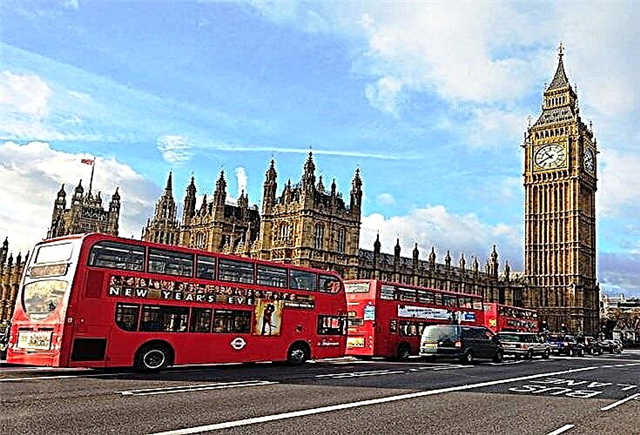
Transportation by metro, buses, trams and other public means is generally affordable in most European cities.
Of course, backpackers shouldn't be reminded to walk as much as they can, but in some cases, public transportation helps save a lot of time and energy.
All major European cities sell a wide variety of tickets and travel passes, for periods of time (daily, weekly and so on) and for the number of trips to be made.
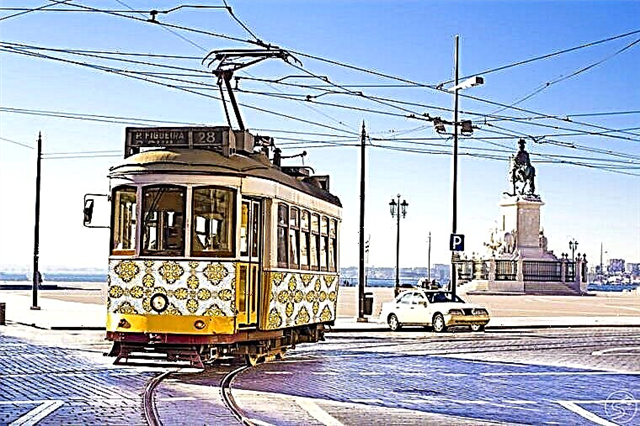
The smartest thing to do is do a little research to see the option that suits you best based on the length of stay. Here are some examples of transportation costs:
London (subway): $ 4, off-peak, one-way fare; or $ 14 for the whole day
Paris (metro): $ 16 for 10 one-way tickets
Amsterdam (tram): $ 23 for 72 hours of unlimited travel
Budapest (metro and buses): $ 17 for 72 hours of unlimited travel
Prague (tram): $ 1.60 for a single ticket
Barcelona (metro): $ 1.40 for a single ticket
Transport between European cities
It is difficult to predict the expenses you will make to move between the different European cities, both because of the infinite possibilities and because of the variety of means of transport (train, plane, bus, car, etc.). Here are some guidelines for various media:
Trains
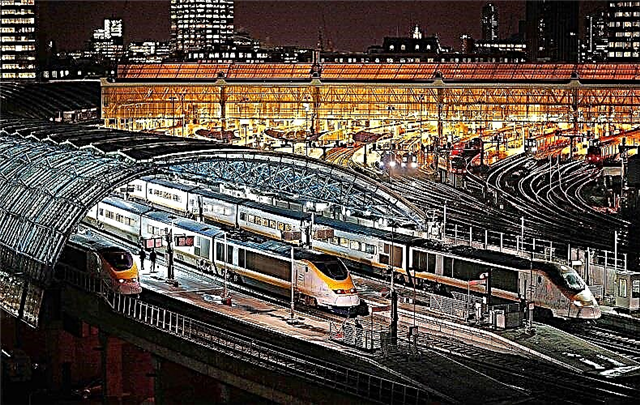
Long distance trains are of good quality and generally quite affordable in Europe. Most countries charge by distance traveled, but prices may change depending on the time of day and availability and type of train (high speed and normal speed).
On high-speed trains, it is advisable to book as far in advance as possible to guarantee the best price.
Passes like Eurail are a popular form of travel used by backpackers. These passes are no longer as cheap as in the past, but they are still the cheapest way to travel.
There are dozens of Eurail passes available to meet almost any need. Prices range from around $ 100 for a super basic pass, to $ 2,000 for an unlimited pass with 3 months of validity.
Plane
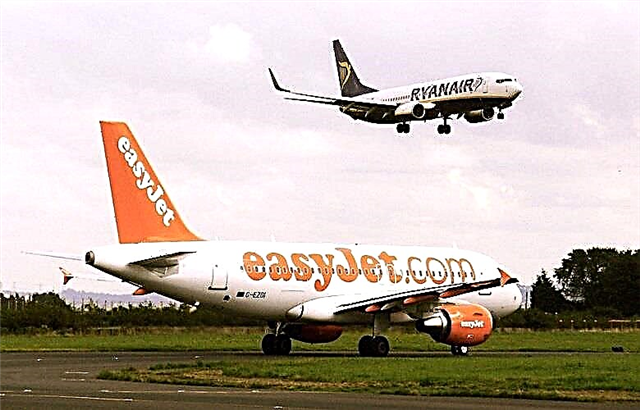
Air travel within Europe can be very affordable, and even cheap. For example, it is not uncommon to find a one-way ticket from Paris to Berlin for $ 50 or from London to Barcelona for $ 40.
To the price of the ticket you will have to add, of course, the costs of transport to and from the airport.
Car
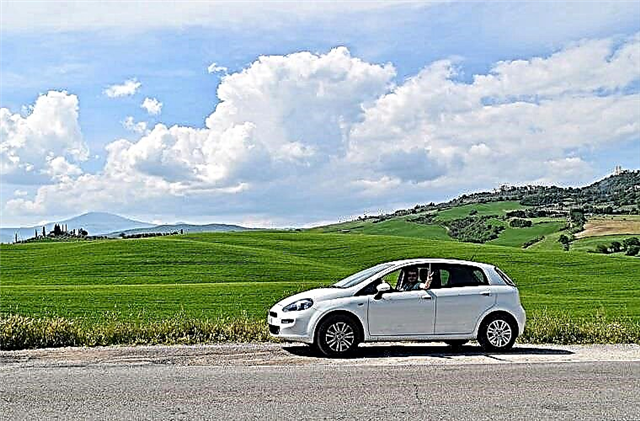
A car is the optimal means of transport to get to know the charming villages, towns and small towns that dot the rural areas of the European territory.
For example, renting an automatic transmission car for four days to see the French countryside costs around $ 200, including all surcharges and taxes.
However, you can reduce your rental cost by up to 50% if you rent a manual transmission car. Additionally, it is necessary to consider the costs for fuel, tolls and parking.
Alcohol
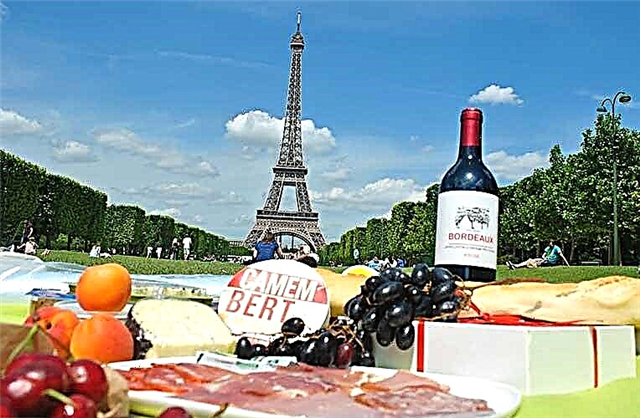
The good thing about Europe is that there are excellent wines and beers everywhere. Going on a bar spree can be catastrophic for a backpacker's budget, so as always, buying alcohol at the grocery store will be the best way to save money.
Here are some prices for alcohol in some European cities:
London: Between $ 3.1 and $ 6.2 for a pint of beer in clubs and bars, but you will have to pay a little more in trendy places.
Paris: $ 7 to $ 12 in the store for a bottle of good plain wine.
Prague: $ 1.9 for a pint of beer at a restaurant and about $ 0.70 at a grocery store.
Budapest: 2 to 3 dollars for a pint of beer in a bar.
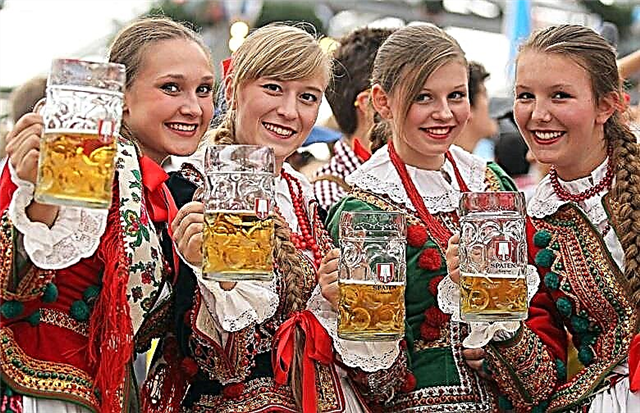
Munich: $ 9 for a giant mug of beer in a beer garden and about a dollar per liter of beer in the store.
Reserve for contingencies
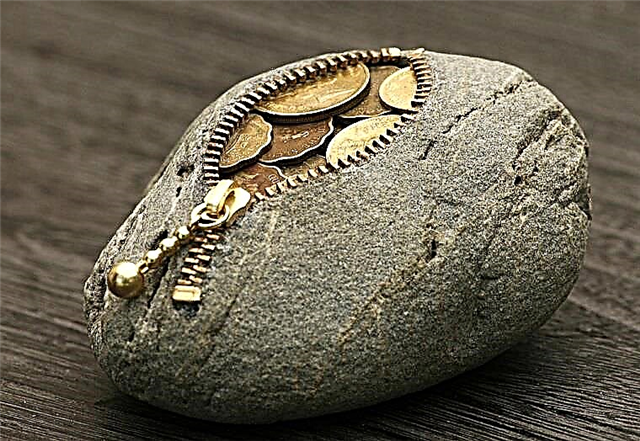
It is convenient that you keep a reserve money to use in unforeseen or emergency cases, such as using a launderette, buying a hygiene or cleaning item, buying a souvenir or covering unexpected transport costs.
Considering the minimum expenses for the different lines, a 21-day trip through Europe would have a total cost of between $ 3,100 and $ 3,900, depending on the air ticket you can get.
It may be a considerable expense for many backpackers, but the wonders of Europe are well worth it.
Travel Resources
- The 20 Cheapest Destinations to Travel in 2017

